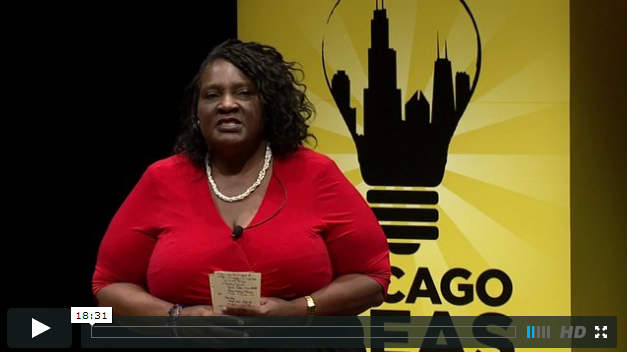
Modern-day Civil Rights Leader: Eva Paterson
This week, we talked to a wide-range of modern-day civil rights leaders who are continuing the fight for equal opportunity for all Americans that Martin Luther King so powerfully gave voice to 50 years ago. In her work as president of the Equal Justice Society, civil rights attorney and CIW speaker Eva Paterson works to highlight the racially biased decision making that is present in so many aspects of our society, from law to government to the public media.
Tell us about yourself and the work you are doing in civil rights today.
The Equal Justice Society (EJS) is transforming the nation’s consciousness on race through law, social science and the arts. We work with others to advance legal arguments regarding implicit bias and structural racism. Our litigation efforts are supplemented by alliance building, cross-disciplinary convenings and strategic public communications. We also collaborate with social scientists to reveal the true nature of discrimination in the 21st century. In particular, we educate jurists, lawyers and activists about implicit bias—an explanation of how people and systems can discriminate even without intentional or overt racism. The social science of implicit bias redefines the conversation around civil rights and racial justice. Finally, we collaborate with artists, singers, actors, dancers and others to create new works that educate and inspire others to participate in progressive social change.
The Equal Justice Society (EJS) is transforming the nation’s consciousness on race through law, social science and the arts. We work with others to advance legal arguments regarding implicit bias and structural racism. Our litigation efforts are supplemented by alliance building, cross-disciplinary convenings and strategic public communications. We also collaborate with social scientists to reveal the true nature of discrimination in the 21st century. In particular, we educate jurists, lawyers and activists about implicit bias—an explanation of how people and systems can discriminate even without intentional or overt racism. The social science of implicit bias redefines the conversation around civil rights and racial justice. Finally, we collaborate with artists, singers, actors, dancers and others to create new works that educate and inspire others to participate in progressive social change.
What do you see as the primary impact Martin Luther King had on the civil rights movement today?
Dr. King’s legacy is so rich and multifaceted, making it difficult to highlight just one area. When I was in high school, I traveled throughout Illinois giving the “I Have a Dream” speech. I later became the first African-American student body president at Northwestern University, which I think helped me decide to go into law. So I think one of Dr. King’s biggest impacts was inspiring an entire generation of social justice leaders to keep bending the arc of justice.What do you see as the future of the civil rights movement in 2014 and beyond?
Dr. King’s legacy is so rich and multifaceted, making it difficult to highlight just one area. When I was in high school, I traveled throughout Illinois giving the “I Have a Dream” speech. I later became the first African-American student body president at Northwestern University, which I think helped me decide to go into law. So I think one of Dr. King’s biggest impacts was inspiring an entire generation of social justice leaders to keep bending the arc of justice.What do you see as the future of the civil rights movement in 2014 and beyond?
We must change the way that our country sees race and racism. Racism today in the 21st century is much different from the discrimination practiced openly in the 1960s. Overt racism today is largely unacceptable, but social science has shown that individuals can still discriminate unintentionally through “implicit bias” because we now know that the brain reacts in a biased way toward people of color. Science plays an important role in understanding race and racism, and also in helping bring people together to achieve solutions. Structural racism remains a problem in that people of color experience injustices as part of our daily lives.
Who do you think is the most influential and inspiring civil rights leader working today?
I don’t have enough fingers and toes to count the number of civil rights leaders that inspire and influence me. I admire so many of them. I can say that the civil rights movement is bigger than these leaders, though. Last year during the 50th anniversary of the March on Washington, my organization honored the everyday people who powered the civil rights movement. I’m inspired by these thousands of unsung heroes who sacrificed so much, including their lives, to keep the Dream alive.
You can view Eva Paterson’s 2012 CIW Talk on Racial Stereotypes & Criminal Law here:
I don’t have enough fingers and toes to count the number of civil rights leaders that inspire and influence me. I admire so many of them. I can say that the civil rights movement is bigger than these leaders, though. Last year during the 50th anniversary of the March on Washington, my organization honored the everyday people who powered the civil rights movement. I’m inspired by these thousands of unsung heroes who sacrificed so much, including their lives, to keep the Dream alive.
You can view Eva Paterson’s 2012 CIW Talk on Racial Stereotypes & Criminal Law here:



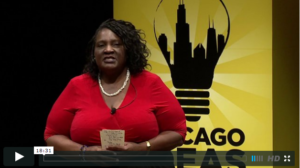
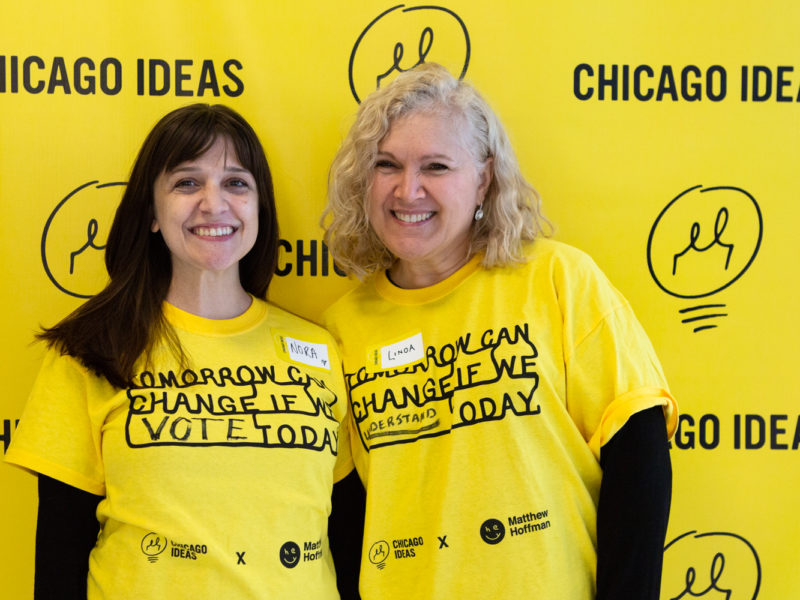
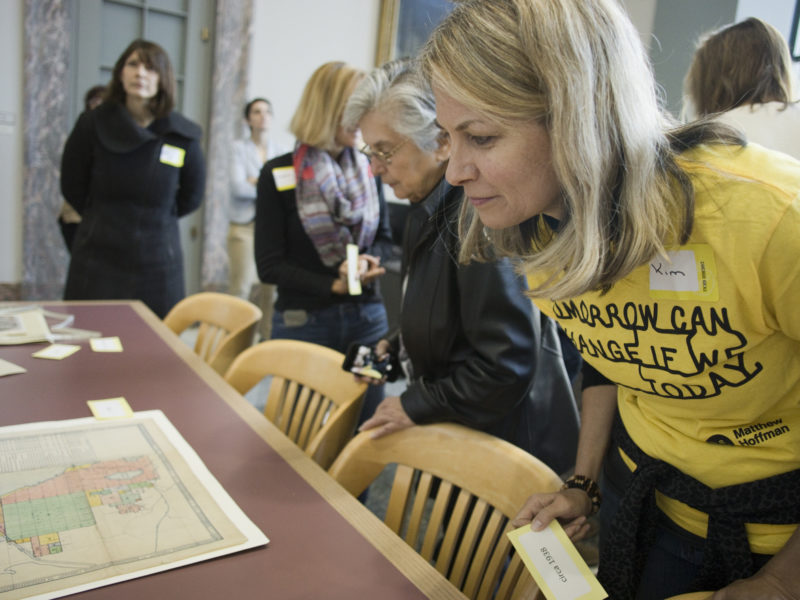
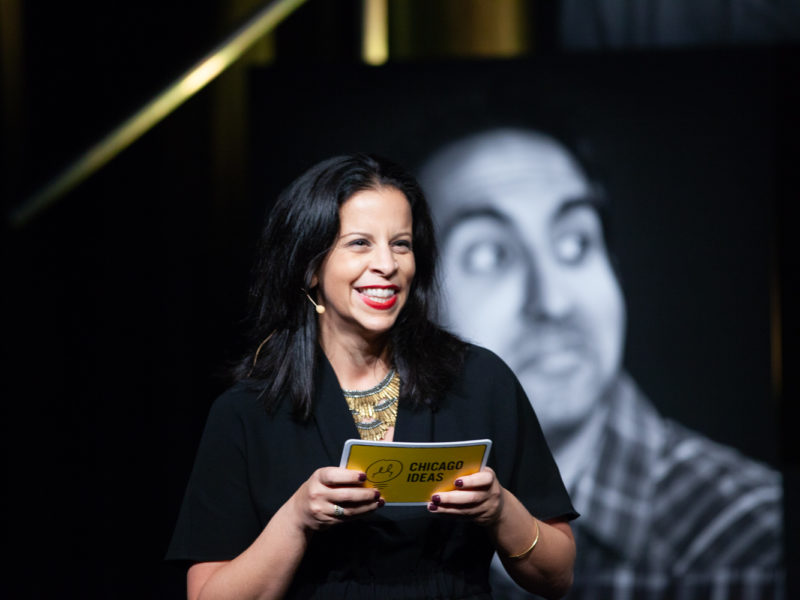
Keith Kamisugi
Thank you so much for including Eva!